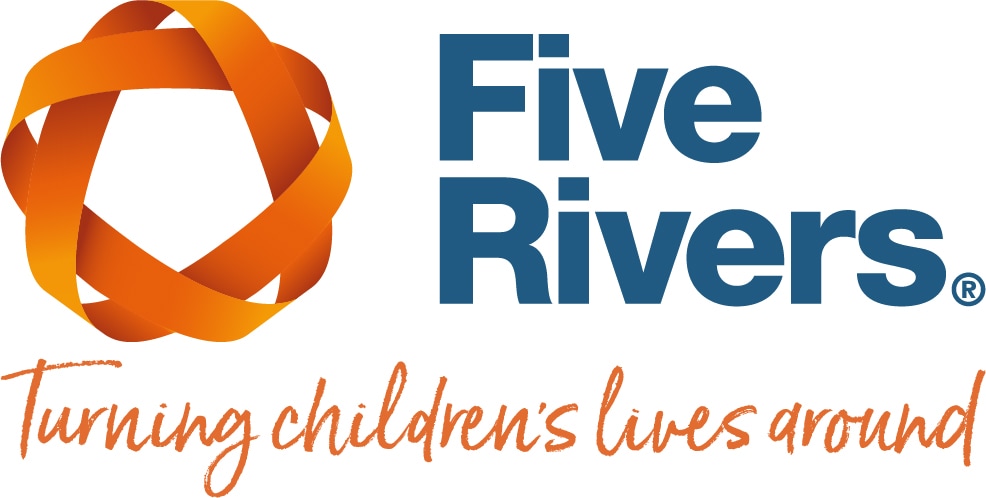Change starts with us – Anti-Bullying Week 2019
Written by Hannah Gilding.
Bullying can completely change a person’s life. It can change the way they think, express themselves and develop. Whether it be through being the victim of bullying, a by-stander or the perpetrator; bullying is likely to have affected most people’s lives at some point.
The theme of anti-bullying week this year is ‘Change starts with us’. We may never be able to eradicate bullying completely; to some extent it is human nature for these dynamics to evolve within groups. However, that doesn’t mean we cannot do more to prevent bullying and support those who are being bullied. It is important to learn the signs to look out for and how to respond in the most positive and supportive manner.
We can also promote change by reflecting on our own behaviour. Consistently try to treat people with respect and kindness and model this to children. This does not only improve your relationships but can show children how to interact with others to develop their own positive relationships.
What is Bullying?
Bullying is defined as “to seek harm, intimidate or coerce someone perceived as vulnerable”. It can happen anywhere to anyone: in schools, workplaces, clubs and in family and friendships groups. Bullying can take many different forms, for example:

This list is not exhaustive; there are many forms bullying can take. If you are concerned that you know someone who is being bullied, it is worth intervening in a positive way now rather than waiting for the bullying to become more severe.
How to Spot the Signs of Bullying?
One way that we can promote change, is to become more attuned to when bullying may be taking place. As mentioned above, some forms of bullying are covert and can be difficult to spot. Some things to look out for in children include:
- Belongings getting lost or damaged
- Physical injuries
- Being afraid to go to school
- Not performing well at school
- Asking for or stealing money
- Being nervous, distressed, withdrawn or developing low-self-esteem
- Any change in temperament which is out of the ordinary
- Problems with eating and sleeping
These signs are not definite indicators of a child being bullied but might be a cause to start a conversation with a child about bullying.
What can I do to Help?
If you notice bullying, it can be difficult to know what you can do about it. Every situation will vary, no one instance of bullying is the same. However, there are some general tips which might be helpful if you notice bullying:
- Role model positive behaviour. Children are very aware of their surroundings and will pick up on the language we use when we are angry or the way we can treat people after a falling out. Try to be aware of how you are speaking either to or about others in front of children and model how to deal with conflict in a positive way.
- Talk to the child. If a child is the perpetrator of bullying, ask openly why they are doing it and help them to understand that it isn’t a positive way to express themselves. If a child is being victimised, be comforting and re-assuring and make a space for them to be heard.
- Don’t add to a blaming environment. It can often be easy to blame a child who is bullying another child. However, consider what may be going on for them and how to help them channel their emotions in a more positive manner. When someone is not treated kindly, it makes it even more difficult for them to show kindness to others.
- Help the child to relax and take time out. Children may become less confident as a result of bullying. Try to find an activity that builds their confidence and remind them that they are loved and valued.
Children ultimately need a safe and loving environment, where they can talk openly and find positive ways to express themselves. Providing this is a huge step to achieving change.
Please see below for some useful resources for support with bullying:
https://www.childline.org.uk/info-advice/bullying-abuse-safety/types-bullying/
https://www.nspcc.org.uk/what-is-child-abuse/types-of-abuse/bullying-and-cyberbullying/
https://youngminds.org.uk/find-help/feelings-and-symptoms/bullying/
